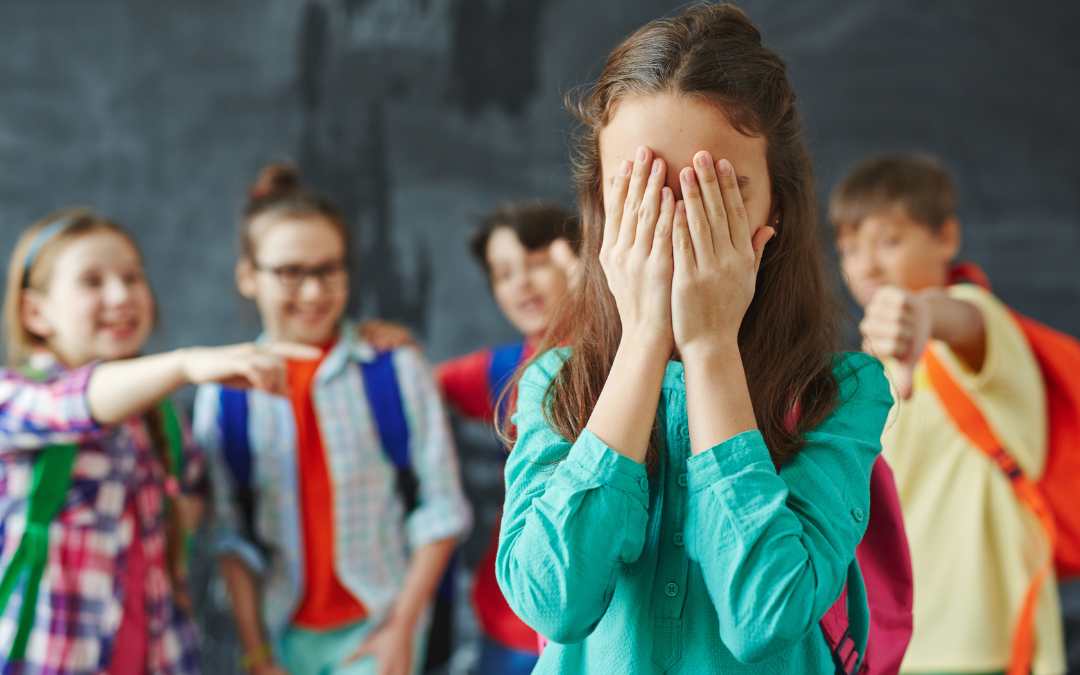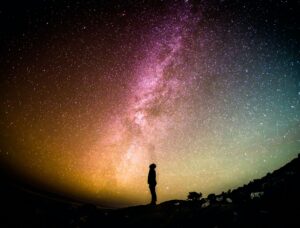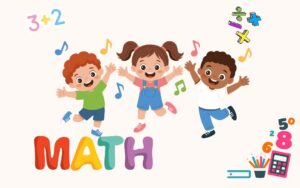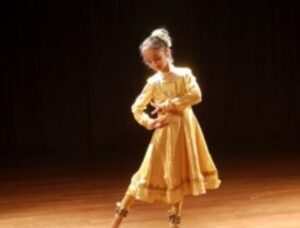We tell ourselves, “At least I didn’t say it.” But we watched. We laughed a little. We looked away. And someone else went home feeling smaller, lonelier, broken. Silence doesn’t make you kind. It makes you complicit.Real courage is choosing kindness when it’s easier to blend into the crowd

“The world will not be destroyed by those who do evil, but by those who watch them without doing anything.”
Albert Einstein
We delude ourselves into believing we are not bullies under the pretext of passivity:
We tell ourselves: “I didn’t say anything cruel”. “I didn’t make fun of his weight, her clothes, the oil in his hair”. “I didn’t start the joke”.
But we laugh, hiding smirks under coughs in the corners of corridors or the cafeteria, watching bullying and ridicule unfold in front of our eyes like some sort of cheap comedy entertainment. And when someone cries, or walks out, or gets hurt, we stay quiet.
Herein lies the fallacy of our thinking: we are taught to believe in the rigid dichotomy of black and white, of bully and victim. But what about the rest of us, in the grey area? The ones who just stand there. Watch. Chuckle nervously at a joke that no longer feels harmless. Look away when the bullying gets intense.
We are all guilty of being the passive bystander who deludes themself into believing that being against bullying simply means not being the bully.
But here’s the catch: no bystander who allows evil to occur in front of their eyes is ever innocent. And here’s what being part of the Anti Bullying Committe at my school has taught me: You can’t be against bullying without actually doing something about it.
Silence Normalises Cruelty.
In schools, outright bullying is concealed and made palatable by pretending it’s humour.
Yet, “Yaar, don’t be so sensitive,” or “It was just a joke, man, don’t take it sooooo seriously,” achieve nothing rather than taking the responsibility of empathy off the offender’s shoulders. And jokes are no longer funny when they are made at someone else’s expense.
Words said in jest trap targets in cages of low self-esteem and fear. And when we stay silent, we give all the more destructive power to these words that are as piercing as weapons.
We often feel afraid and inhibited to speak up as we don’t want to be perceived as “the too-serious one” or “the bore”. But think about the magnitude of nightmarish consequences caused by the lack of intervention from us bystanders:
Not only does harassment play havoc with emotional regulation, trust, health, and academic performance, but studies show that bullying in youth is strongly linked to suicidal ideation and persistent depression¹.
Albert Einstien said: “The world will not be destroyed by those who do evil, but by those who watch them without doing anything.”
The best time to take a good look at this quote was years ago, before we stood by and let the name-calling and aggression unfold. The second best time is now.
I find that it is a mirror to our own lives. We must realize that not doing harm is not the same as doing good.
Becoming an Upstander
If this article has convinced you that silence is as harmful as abuse, don’t just let it remain a thought, but an action.
It needn’t be a major act of bravery or throwing yourself in the line of fire.
A quiet “That’s not okay”, or “How would you feel if someone said that to you?” could suffice.
Sometimes it may just be about shifting the attention. Changing the subject. Checking in with the person later.
Perhaps sitting next to someone who is hurting could be the support they need.
Or perhaps it is about being the voice they cannot by speaking up to an authority within your community.
Ultimately, silence sides with the bully. Action, however small, breaks the cycle. Choose your side.
#UpstanderNotBystander
This article was originally published here.



